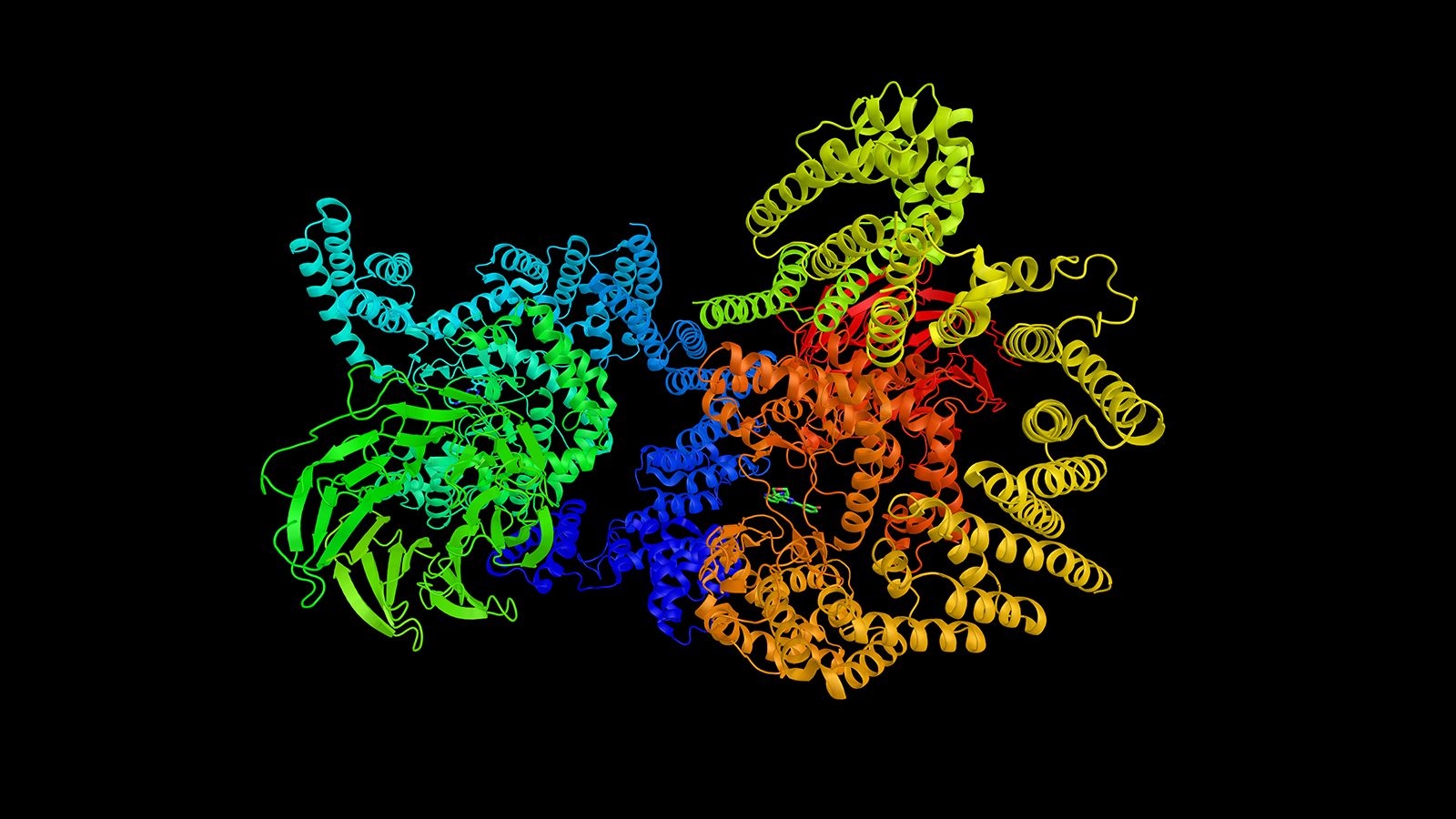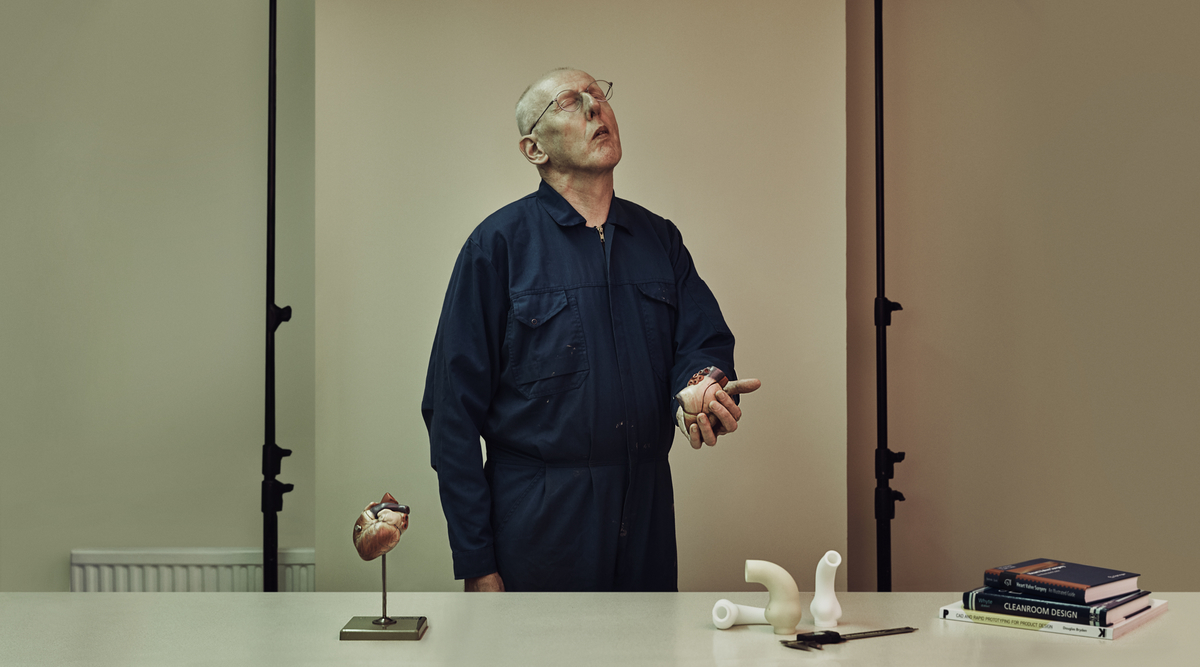Aspirin Remains the Wonder Drug

Article written by guest writer Rin Mitchell
What’s the Latest Development?
The use of aspirin could help to reduce reoccurring blood clots in patients that suffer from venous thromboembolism (VTE), which are potentially life threatening blood clots in the veins. Doctors normally prescribe an anti-clotting drug to lower the possibility of the clots reforming; however, long-term use can lead to a serious amount of bleeding. Daily use of aspirin following an initial treatment of an oral anticoagulant drug, also known as a placebo pill, could be a good alternative to extended maintenance. In a two-year study conducted by doctors who administered aspirin to around 200 men and women and placebo pills to another group of nearly the same amount of men and women, studies revealed that 6.6 percent of people using the aspirin everyday in the two years had a reoccurring blood clot and no risk of an increase in major bleeding—and almost double the amount of people taking a placebo pill everyday had a reoccurrence.
What’s the Big Idea?Venous thromboembolism is a condition that continues to affect patients, so treatment is necessary to keep the potentially fatal clots from happening frequently. The use of the anti-clotting prescriptions as a long-term maintenance regimen leads to other serious risks—drugs need to be stopped to lower the risk of any serious bleeding. Experts believe aspirin is a better alternative in reducing the risks, but are aware long-term use of aspirin can cause stomach bleeding and other health issues. They are still conducting studies to measure the risks and benefits of the use of aspirin.





